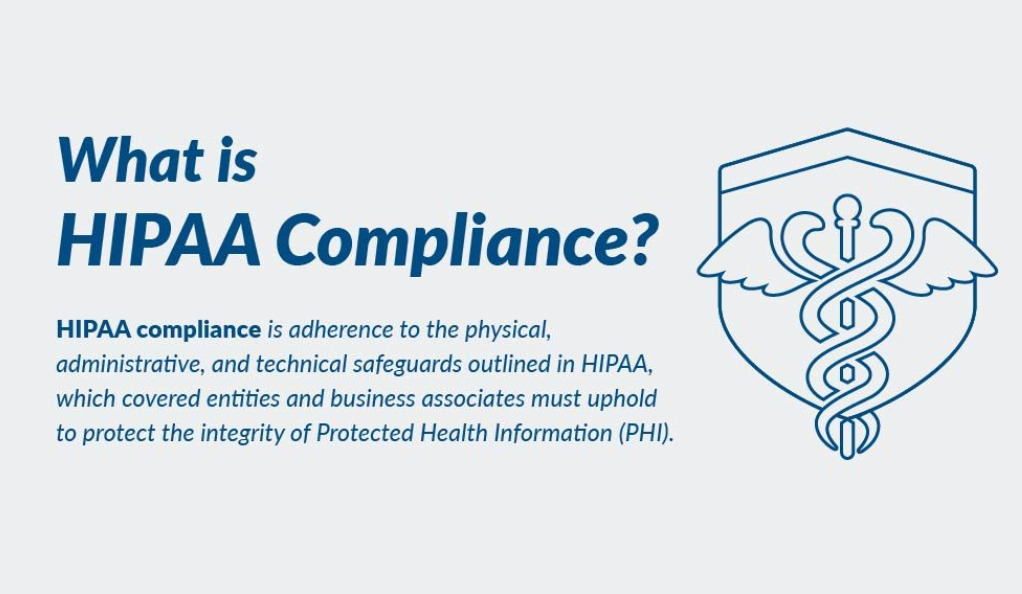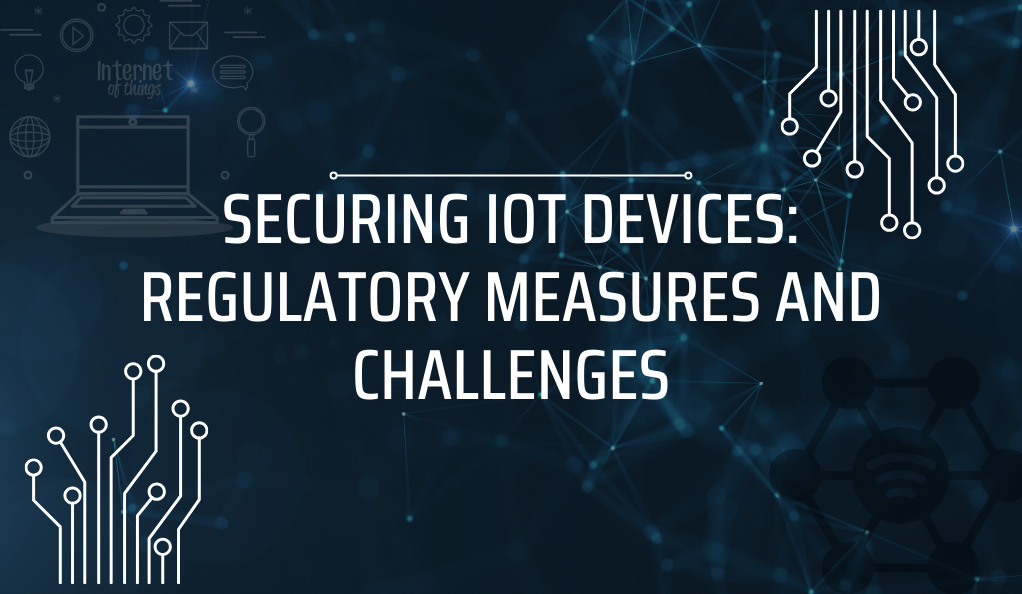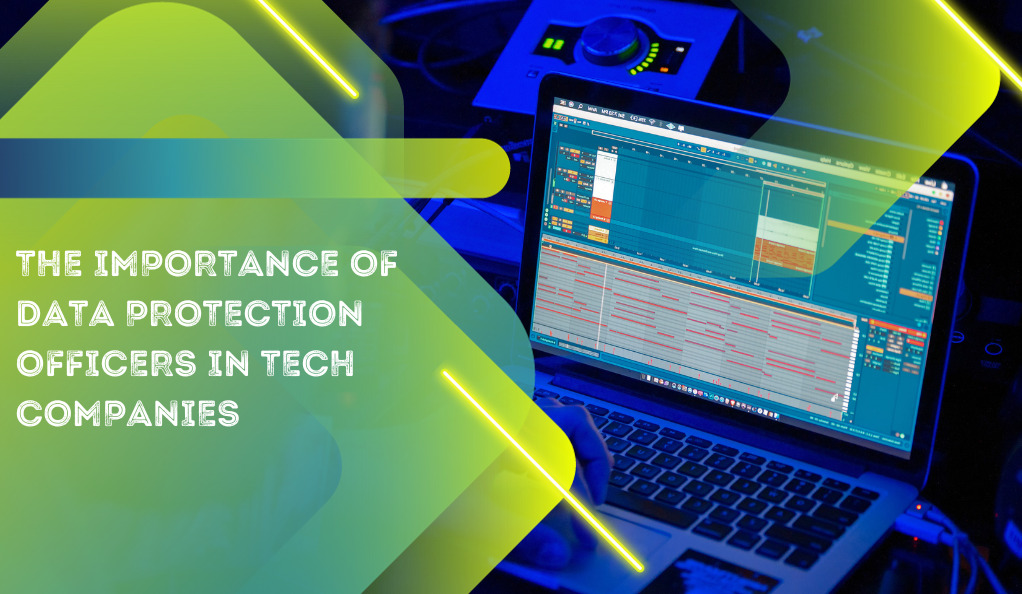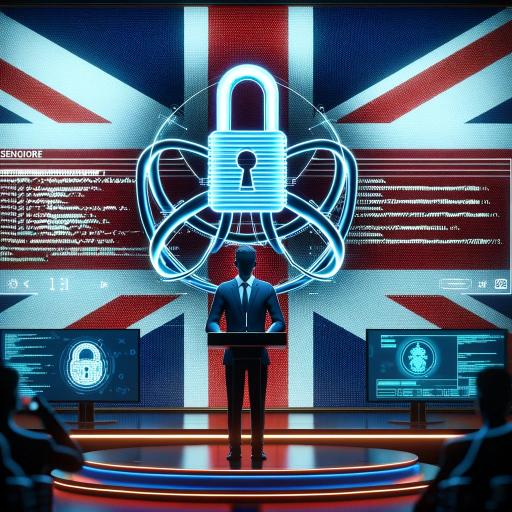In the age of digital transformation, HealthTech companies are at the forefront of innovation. Yet, with great power comes great responsibility. The Health Insurance Portability and Accountability Act (HIPAA) sets the standard for protecting sensitive patient data. Any company dealing with protected health information (PHI) must ensure all the required physical, network, and process security measures are in place and followed. This article delves into the intricacies of HIPAA compliance for HealthTech, offering insights and best practices to ensure patient data remains secure.
Understanding HIPAA: A Brief Overview
HIPAA, enacted in 1996, was primarily designed to ensure health insurance portability. Over the years, its scope expanded, emphasizing the protection of patient data. The act sets guidelines for healthcare providers, HealthTech companies, and any entity handling PHI.

The Importance of HIPAA in the Digital Age
As technology evolves, so does the potential for data breaches. HIPAA’s role has become even more crucial, ensuring that technological advancements don’t compromise patient data security. In today’s interconnected world, where data is often stored in cloud servers and accessed remotely, the risk of unauthorized access has multiplied. HealthTech companies, in their pursuit of innovation, must prioritize security to maintain the trust of their patients and partners.
Key Components of HIPAA for HealthTech
Privacy Rule
This rule establishes national standards to protect individuals’ medical records and other personal health information. It ensures that a patient’s health information remains confidential and can only be shared with the patient’s consent. In the era of digital records, this rule is paramount to prevent unauthorized access or sharing of sensitive data.
Security Rule
It sets standards for safeguarding electronic PHI (ePHI). HealthTech companies must implement appropriate administrative, physical, and technical safeguards. This means not only using advanced encryption methods but also ensuring that the personnel handling this data are adequately trained and vetted.
Challenges Faced by HealthTech Companies
Adhering to HIPAA can be challenging, especially with rapid technological advancements.
- Data Encryption: Ensuring data, both at rest and in transit, is encrypted can be a technical challenge but is vital for HIPAA compliance. As cyber threats become more sophisticated, HealthTech companies must stay ahead by employing the latest encryption techniques and ensuring regular updates to their security protocols.
- Regular Audits: HealthTech companies must regularly audit their systems to ensure compliance, which can be resource-intensive. However, these audits are crucial to identify potential vulnerabilities and address them proactively. Regular checks also ensure that the company remains updated with any changes in the HIPAA regulations.
Best Practices for HIPAA Compliance
Employee Training
Regularly train employees on the importance of HIPAA compliance and the best practices to ensure it. Continuous training ensures that all staff members, whether they’re new hires or seasoned professionals, are aware of the latest compliance requirements. This proactive approach can prevent unintentional breaches and foster a culture of data protection.
Data Backups
Regularly back up data and ensure that backups are also HIPAA compliant. Data backups are essential not just for disaster recovery but also to ensure that in case of any breaches, the original data remains uncompromised. These backups should be stored securely, with access limited to authorized personnel.

The Role of Technology in Ensuring Compliance
Modern technology can aid in ensuring HIPAA compliance.
AI and Machine Learning
These technologies can predict potential threats and help in real-time monitoring of data breaches. By analyzing patterns and behaviors, AI can identify unusual activities that might indicate a breach, allowing for immediate action. Machine learning, on the other hand, can adapt and evolve based on new data, ensuring that the system remains robust against emerging threats.
Blockchain
Blockchain can ensure data integrity, a crucial aspect of HIPAA. By creating a decentralized ledger of data transactions, blockchain ensures that any changes to the data are transparent and traceable. This technology can prevent unauthorized alterations and ensure that the data remains consistent and accurate.
The Future of HIPAA and HealthTech
As technology evolves, so will HIPAA. HealthTech companies must stay updated with any changes to ensure continued compliance. The integration of newer technologies like IoT in healthcare will pose fresh challenges, requiring adaptive and dynamic compliance strategies. Moreover, as telehealth and remote patient monitoring become more prevalent, ensuring data security across different platforms and devices will be paramount.
Case Study: A HealthTech Company’s Journey to Compliance
Understanding real-world applications can provide insights into the challenges and solutions for HIPAA compliance. Consider a startup that developed a wearable device for continuous health monitoring. While the device was revolutionary, the company faced challenges in securely transmitting and storing the vast amounts of data it collected. By partnering with cybersecurity experts and investing in robust encryption methods, the company not only achieved HIPAA compliance but also gained the trust of its user base.
The Global Perspective: GDPR, HIPAA, and Beyond
While HIPAA is U.S. specific, global regulations like GDPR also play a role in HealthTech. Understanding global standards is crucial for companies operating internationally. GDPR, for instance, has stringent data protection requirements, and non-compliance can result in hefty fines. HealthTech companies looking to expand globally must be aware of these regulations and ensure that their compliance strategies are holistic and encompassing.
The Cost of Non-Compliance
Non-compliance can lead to hefty fines and a tarnished reputation. It’s not just about the money; patient trust is at stake. A single data breach can erode years of goodwill and trust. Moreover, with patients becoming more aware of their data rights, they are likely to choose providers and companies that prioritize data security.
Conclusion
The journey to HIPAA compliance is ongoing. With the right practices, technology, and awareness, HealthTech companies can ensure they safeguard patient data in this digital era. As the lines between technology and healthcare blur, the onus is on these companies to ensure that innovation does not come at the cost of patient security and trust.
FAQs
The primary purpose of HIPAA is to ensure the protection and confidential handling of protected health information. Initially designed to guarantee health insurance portability, its role has expanded over the years to safeguard patient data, especially in the digital realm. With the proliferation of electronic health records and digital health platforms, HIPAA’s mandate has become even more critical.
HealthTech companies should conduct regular audits, at least annually, to ensure continued compliance with HIPAA. These audits serve as a proactive measure to identify potential vulnerabilities and ensure that the company’s data protection measures align with HIPAA’s evolving standards. Regular audits also help companies stay abreast of any changes in the regulations, ensuring they remain compliant.
Yes, technologies like AI, machine learning, and blockchain can significantly aid in ensuring HIPAA compliance. AI can monitor systems in real-time, identifying potential breaches or vulnerabilities. Machine learning can adapt to new threats, ensuring that security systems evolve with the changing landscape. Blockchain, with its decentralized ledger system, can ensure data integrity and transparency.
Penalties for HIPAA non-compliance can range from fines to criminal charges, depending on the severity of the violation. Fines can vary from $100 to $50,000 per violation, with a maximum annual penalty of $1.5 million. In cases of willful neglect or malicious intent, individuals responsible can also face imprisonment.
While both GDPR and HIPAA aim to protect personal data, GDPR is broader and applies internationally, whereas HIPAA is U.S. specific and focuses on health information. GDPR emphasizes user consent and the right to be forgotten, among other things. HealthTech companies operating in Europe or dealing with European patients’ data must ensure compliance with both regulations.








